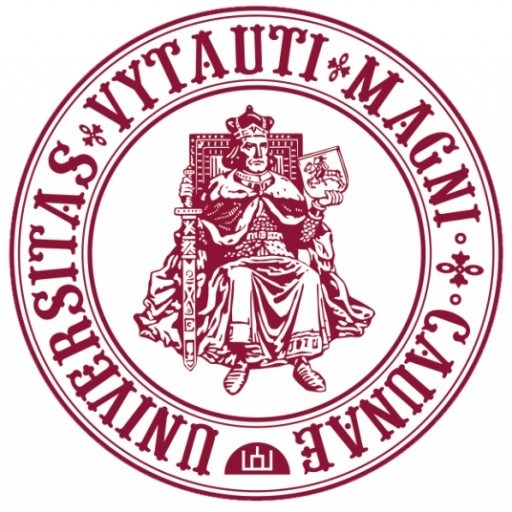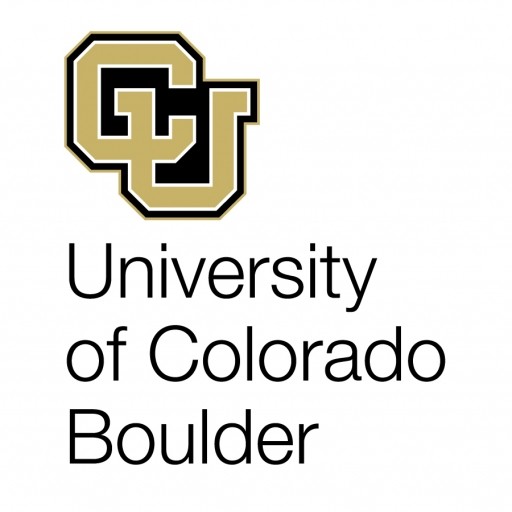Photos of university / #vduni
Future Media and Journalism at Vytautas Magnus University offers a comprehensive and forward-looking education for students aiming to excel in the dynamic world of media, journalism, and digital communication. This innovative program is designed to equip students with both theoretical knowledge and practical skills essential for success in the rapidly evolving media landscape. Throughout the studies, students explore various aspects of traditional and new media, including journalism, multimedia production, digital storytelling, content creation, and media management. The curriculum emphasizes critical thinking, ethical reporting, and effective communication, preparing graduates to adapt to technological advancements and emerging media trends.
Students will engage in hands-on projects involving video production, radio broadcasting, social media management, and online journalism. They will also learn about media law, intellectual property, and audience analysis to operate responsibly and ethically in their professional careers. The program fosters creativity, innovation, and cultural awareness, encouraging students to develop unique media content that resonates with diverse audiences. Additionally, future media professionals are prepared to work across various platforms, such as television, online news portals, podcasts, and social networks, ensuring versatile career opportunities.
Vytautas Magnus University’s state-of-the-art facilities and collaborations with media organizations provide students with practical experience and networking opportunities. The curriculum is regularly updated to reflect the latest industry standards and technological developments, ensuring graduates are well-prepared to meet current and future challenges in media and journalism. Graduates of this program will be able to pursue careers in journalism, media production, digital marketing, communication consultancy, or further academic research. The program aims to cultivate responsible, innovative, and skilled media professionals ready to contribute meaningfully to society and the global media industry.
Future Media and Journalism is a comprehensive undergraduate program offered by Vytautas Magnus University designed to prepare students for the evolving landscape of media, communication, and journalism. The program aims to develop students' critical thinking, creativity, and technical skills necessary to succeed in diverse media environments, including digital, print, broadcast, and social media platforms. Throughout the course of study, students will explore the fundamental principles of journalism, media ethics, and communication theories, gaining a solid understanding of how media shapes public opinion and influences society.
The curriculum combines theoretical knowledge with practical skills, enabling students to produce high-quality journalistic content across various formats such as articles, reports, videos, and podcasts. Students will learn to use modern journalism tools and digital production software, enhancing their technical proficiency in multimedia storytelling. The program emphasizes the importance of digital literacy and the ability to analyze and interpret data, preparing students to navigate the rapidly changing media environment effectively.
In addition to core journalism and media courses, students will have opportunities to specialize in areas such as digital media production, investigative journalism, editing, media management, and communication strategy. The program encourages internships and collaboration with media outlets, providing students with real-world experience and industry connections.
Vytautas Magnus University's interdisciplinary approach also integrates courses on media law, intellectual property, and ethical considerations in journalism, ensuring students understand the legal and moral responsibilities associated with media practice. The program prepares graduates for diverse career paths, including roles as journalists, media producers, content creators, media analysts, and communication specialists. Upon completion, students will be equipped to contribute confidently to the media industry and participate actively in shaping public discourse in a digital age. The program is committed to fostering innovative thinking and responsible journalism, preparing future media professionals to meet the challenges and opportunities of the 21st century.
The Bachelor’s degree program in Future Media and Journalism at Vytautas Magnus University requires applicants to possess a completed secondary education, with all candidates undergoing a rigorous selection process that assesses their prior academic achievements, motivation, and potential to succeed in the field. Prospective students must submit relevant documents, including a final diploma or certificate of secondary education, transcripts, and proof of language proficiency in Lithuanian or English, depending on the language of instruction.
The program curriculum is designed to provide students with a comprehensive understanding of media production, digital journalism, and emerging communication technologies. Core courses include Introduction to Media Studies, Digital Media Production, Journalism Ethics and Law, Investigative Journalism, Multimedia Storytelling, and Media Management. Elective courses allow students to specialize in areas such as social media strategies, data journalism, video production, and audience analysis, supporting the development of a versatile skill set suited for contemporary media environments.
Students are expected to complete a combination of lectures, seminars, practical workshops, and independent research projects. The program emphasizes hands-on experience through internships with media organizations, participation in journalism competitions, and engagement with digital content creation. These practical components aim to prepare graduates for professional work in multimedia newsrooms, online platforms, and communication agencies.
Assessment methods include written exams, project presentations, media portfolio evaluations, and participation in class discussions. The program also incorporates assessments of soft skills such as teamwork, communication, and critical thinking to ensure graduates can adapt to the fast-changing media landscape. Additionally, students are required to complete a final thesis project that demonstrates their ability to conduct independent research and produce original media content.
To ensure continuous professional development, the program incorporates guest lectures from industry professionals, visits to media outlets, and workshops on the latest media tools and technologies. The curriculum is regularly updated to reflect technological advancements and shifts in media consumption behaviors. Graduates of the Future Media and Journalism program will earn a Bachelor's degree, qualifying them for employment opportunities in various sectors of the media industry, including digital journalism, media production, public relations, and content management.
Tuition fees for the Bachelor’s degree program in Future Media and Journalism at Vytautas Magnus University are designed to be competitive and accessible to a diverse range of students. The exact cost per academic year varies depending on the student’s nationality and specific circumstances but generally falls within the range typical for international undergraduate programs at Lithuanian universities. Lithuanian citizens and residents benefit from lower tuition rates, with the possibility of state-funded slots, depending on government quotas and competitive entrance results. International students are required to pay higher tuition fees, which support the costs of instruction, academic resources, and facilities.
Vytautas Magnus University offers various student financing options to support those pursuing studies in Future Media and Journalism. These include scholarships based on academic merit, which students can apply for during the admission process. Such scholarships may cover partial or full tuition fees, providing substantial financial relief. Additionally, the university facilitates access to government and external scholarships, grants, and funding opportunities, which are available depending on the student’s country of origin and specific eligibility criteria.
Many students pursue part-time work during their studies to support their finances. The university’s location in Kaunas, a vibrant city with a growing media industry, provides opportunities for internships and part-time employment relevant to future media professionals. International students often receive guidance from the university’s international office regarding work regulations and available job opportunities.
For students requiring financial aid, Vytautas Magnus University also offers installment plans for tuition payments, making it easier to manage educational expenses over the course of their studies. Moreover, alumni and industry partnerships sometimes provide sponsorship opportunities and targeted funding for students demonstrating potential in the fields of media, journalism, and communication.
Loan programs are available through Lithuanian banking institutions, which are often more accessible for students with a good academic record and stable financial background. The university’s administration assists students in navigating these financial services to ensure they can complete their degree without undue hardship.
Overall, the financing of studies in Future Media and Journalism at Vytautas Magnus University aims to foster accessible education, supporting talented students through scholarships, financial aid, employment opportunities, and flexible payment options, ensuring that qualified individuals can pursue their academic and career ambitions in media and journalism.
Future Media and Journalism at Vytautas Magnus University is a comprehensive undergraduate degree program that prepares students for the rapidly evolving media landscape. The program is designed to develop both theoretical knowledge and practical skills in journalism, media production, communication, and digital technologies. Students gain a strong foundation in media ethics, legal issues, and journalistic standards, ensuring they are well-equipped to operate responsibly within the industry. The curriculum includes courses in reporting, multimedia storytelling, editing, media law, and new media technologies, reflecting the dynamic nature of contemporary journalism. Practical training is emphasized through internships, seminars, and collaborative projects with media organizations, providing students with real-world experience. The program also explores the impact of digital platforms, social media, and emerging technologies on traditional journalism, preparing graduates to adapt to ongoing changes in media consumption habits. Faculty members are experts in their fields, offering mentorship and industry insights to foster critical thinking and innovative approaches to storytelling. Graduates of the program are prepared for careers in various media sectors, including broadcast, print, online journalism, public relations, and digital content creation. The program also encourages international perspectives and cross-cultural communication skills, essential for effective engagement in a globalized media environment. Overall, Future Media and Journalism at Vytautas Magnus University offers a balanced mix of theoretical understanding and practical application, empowering students to succeed in the media industry and adapt to future technological advancements.










